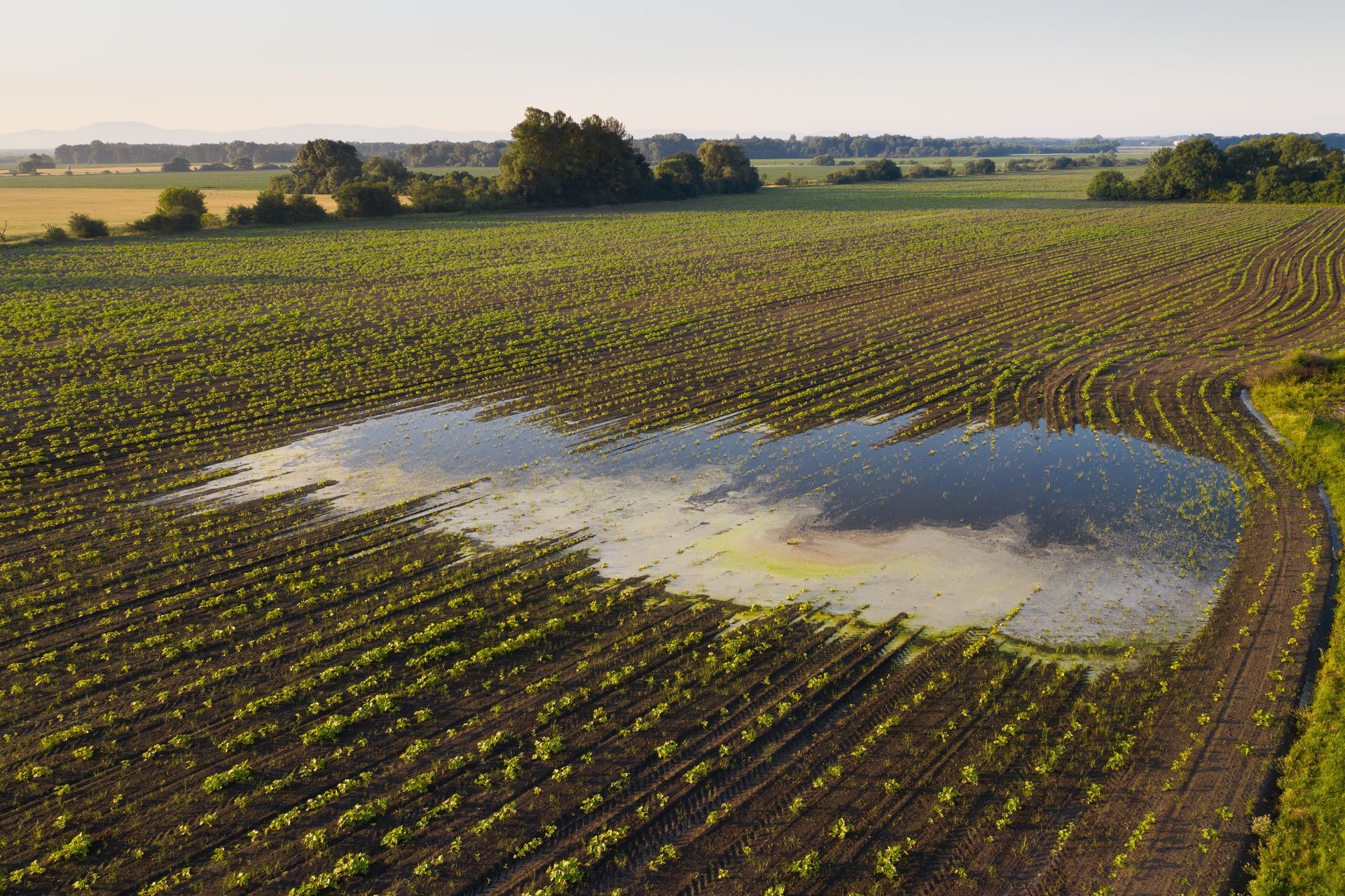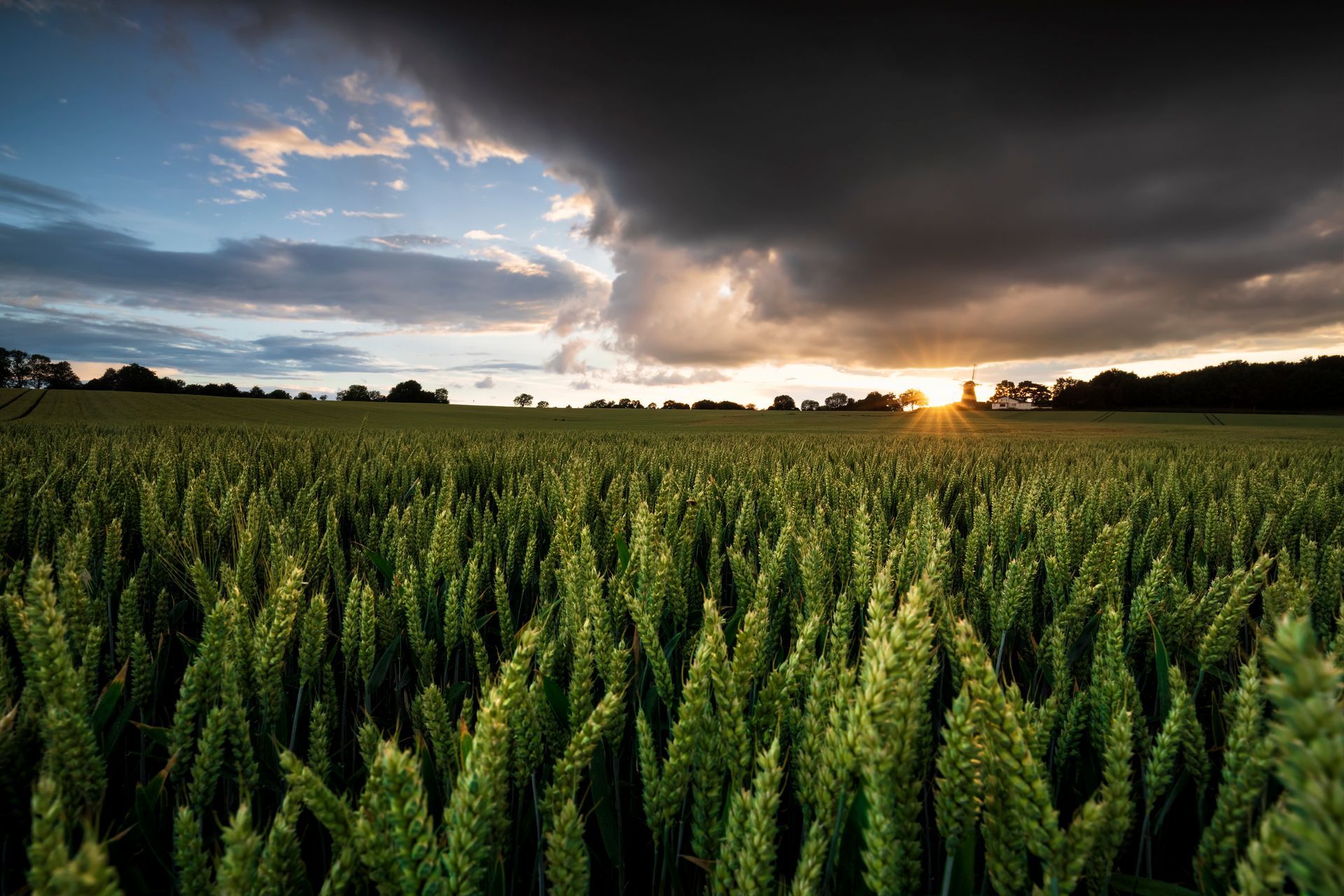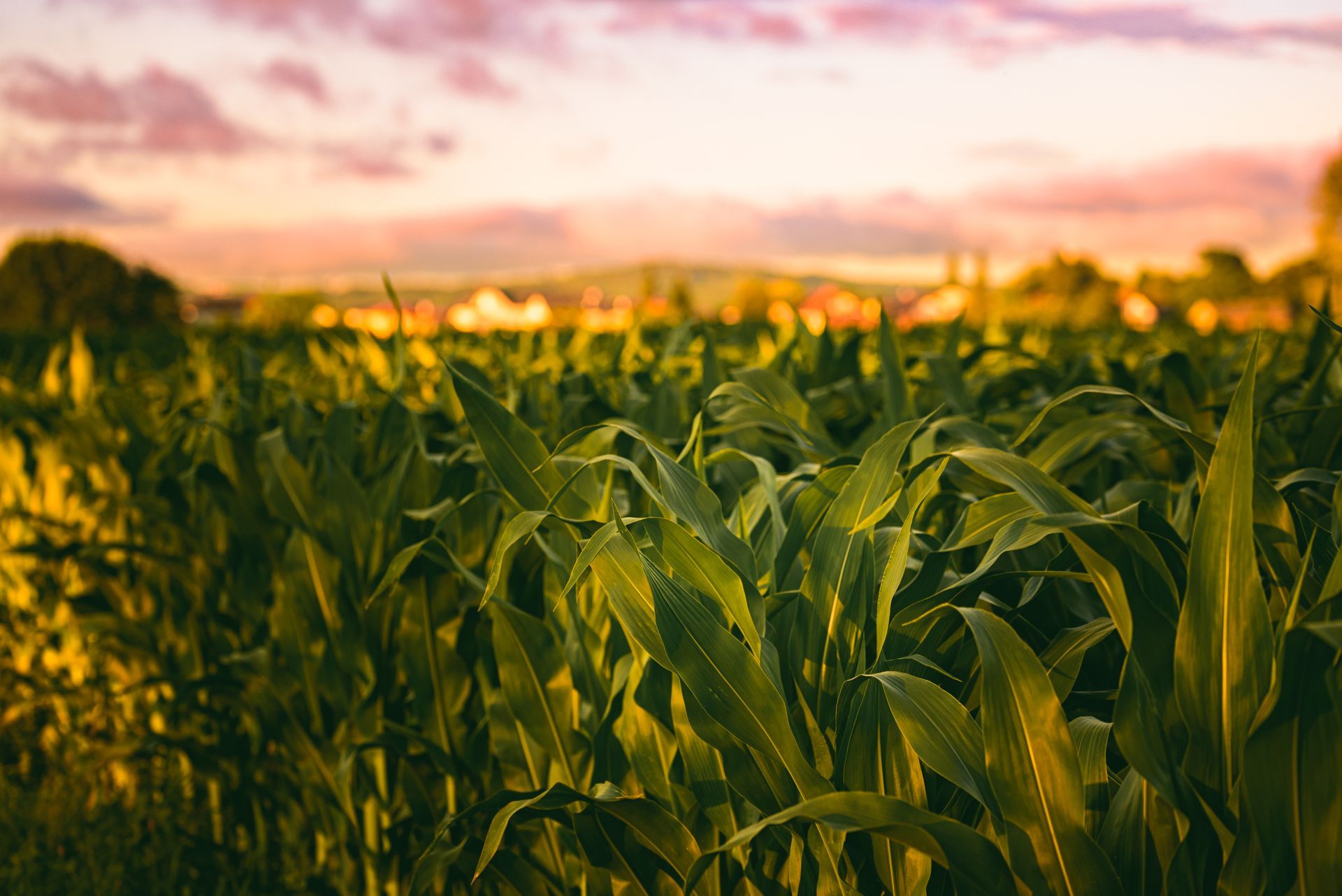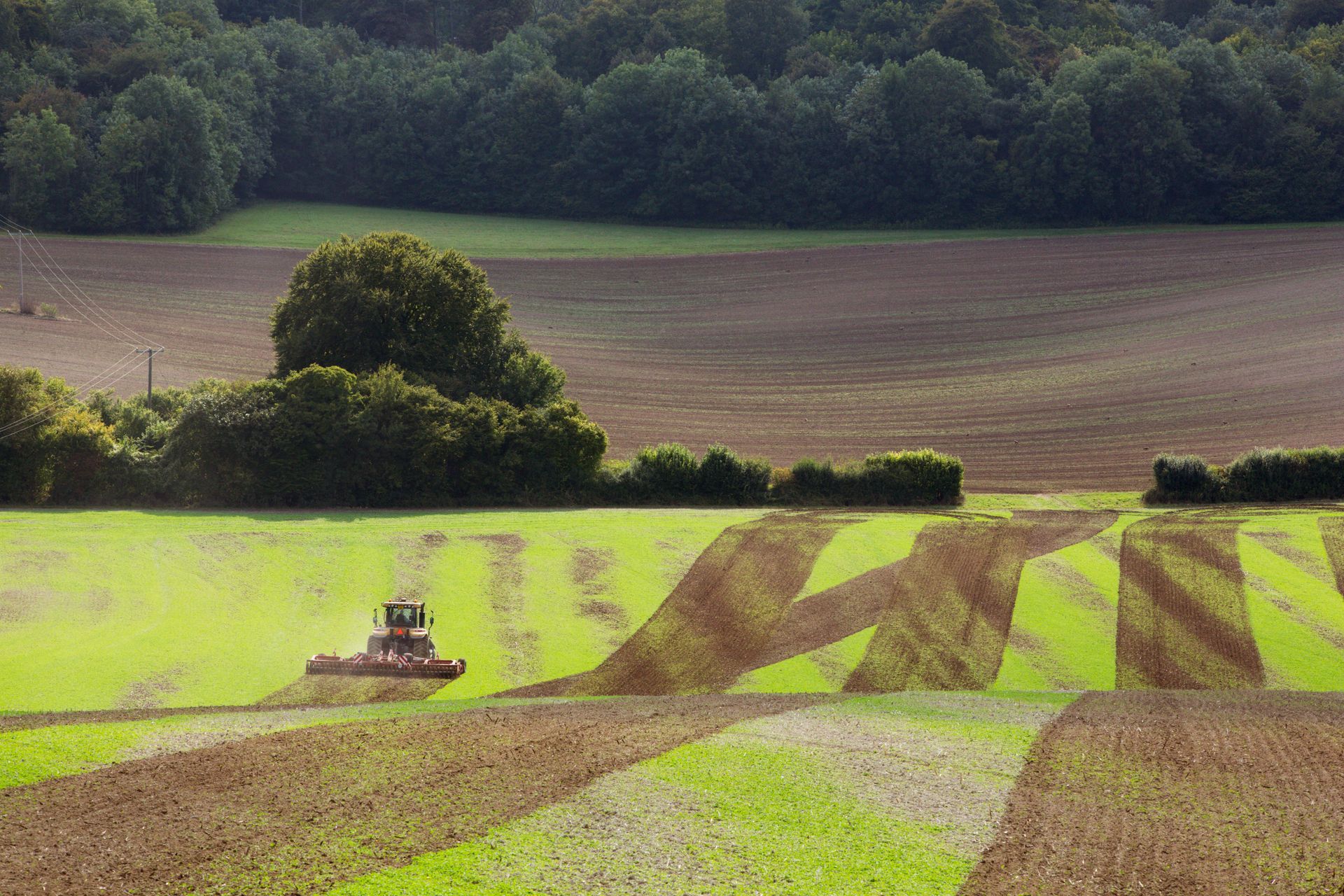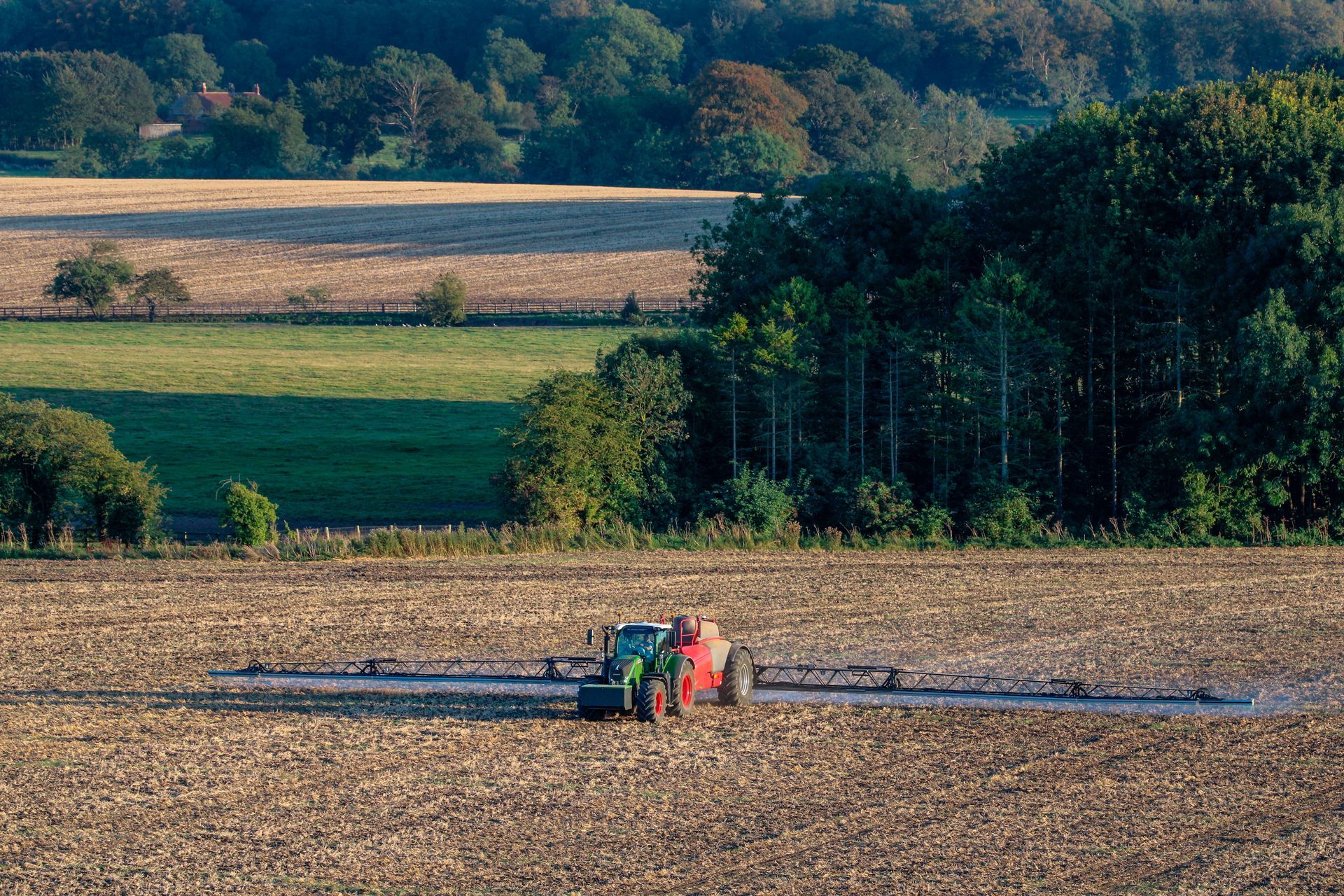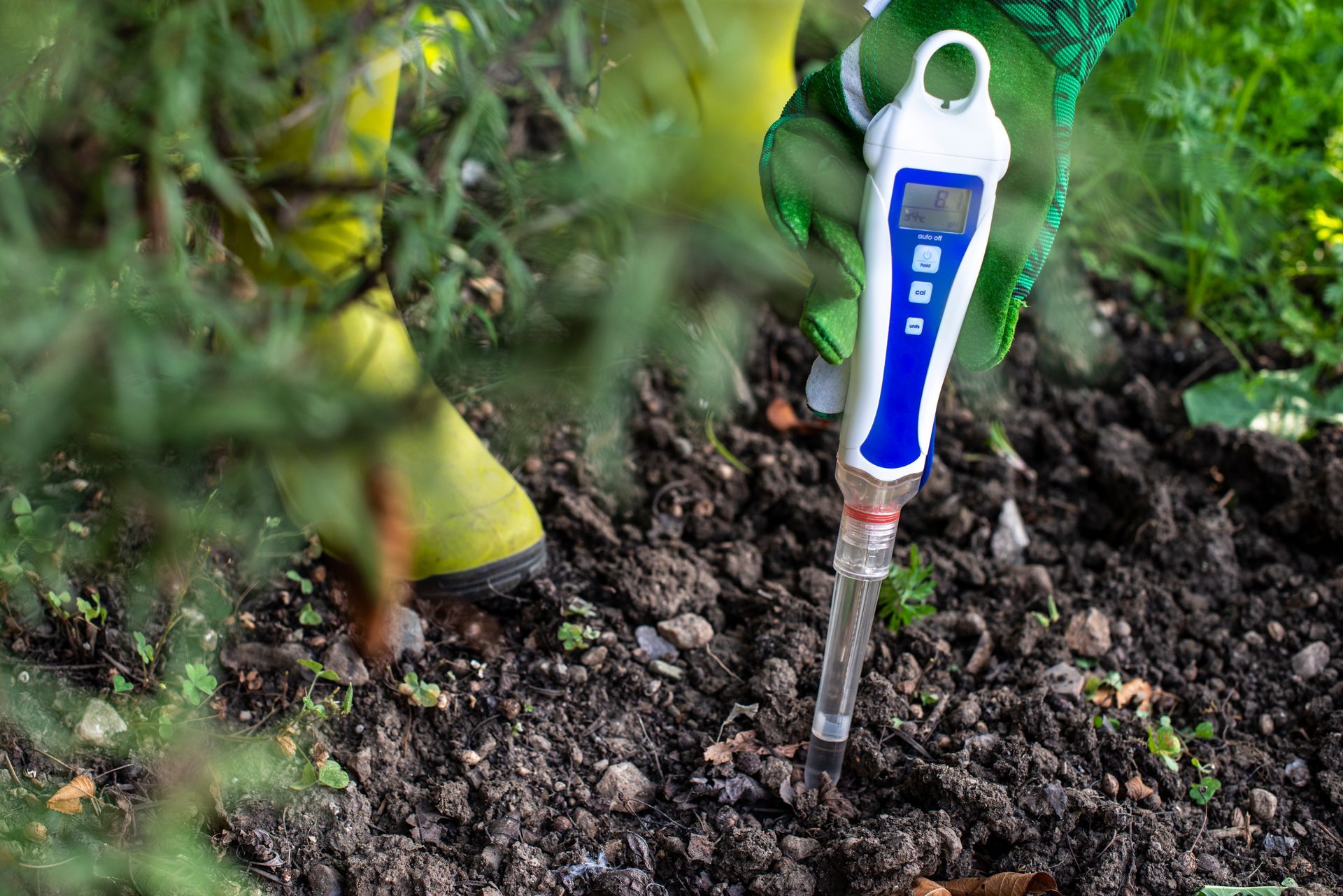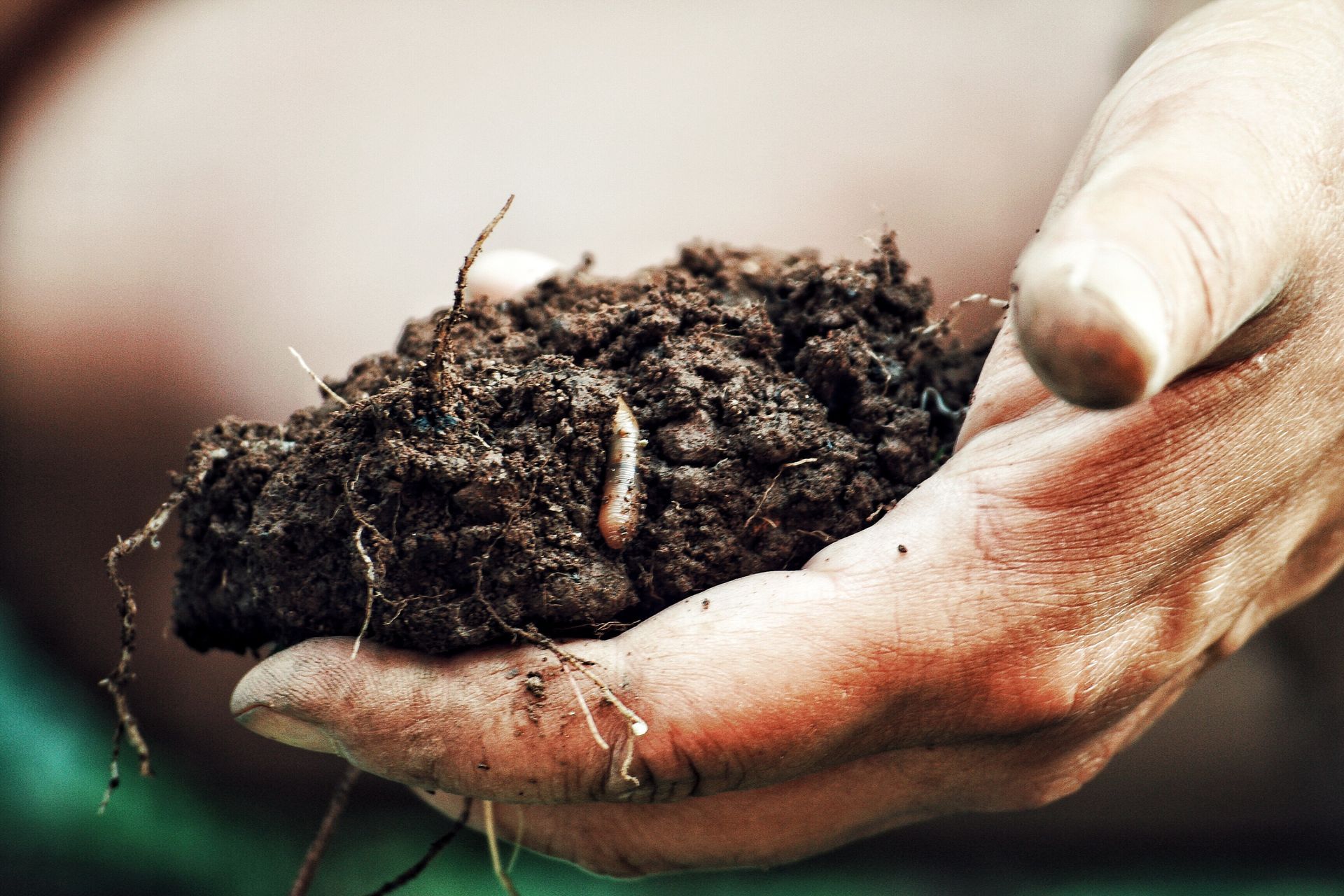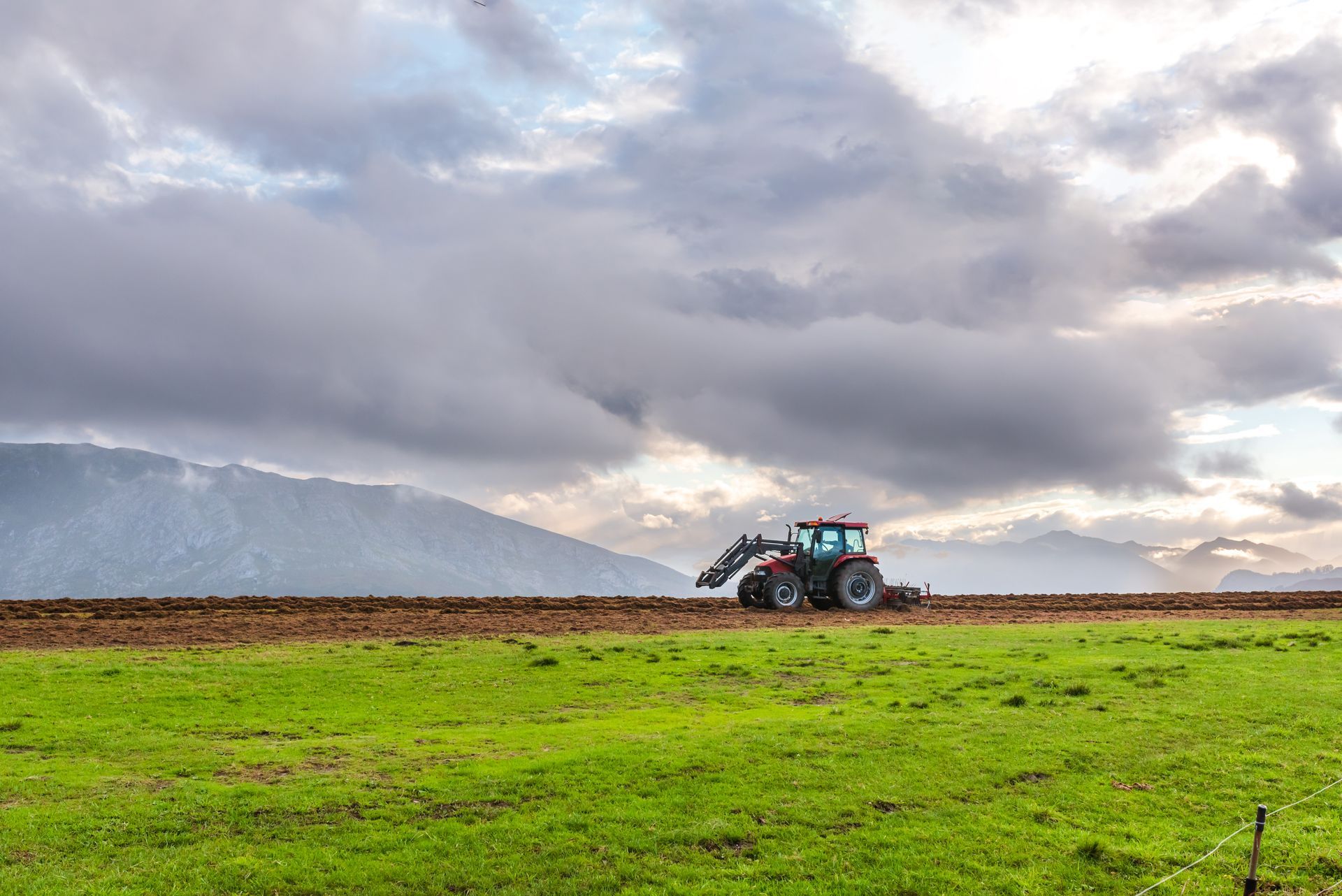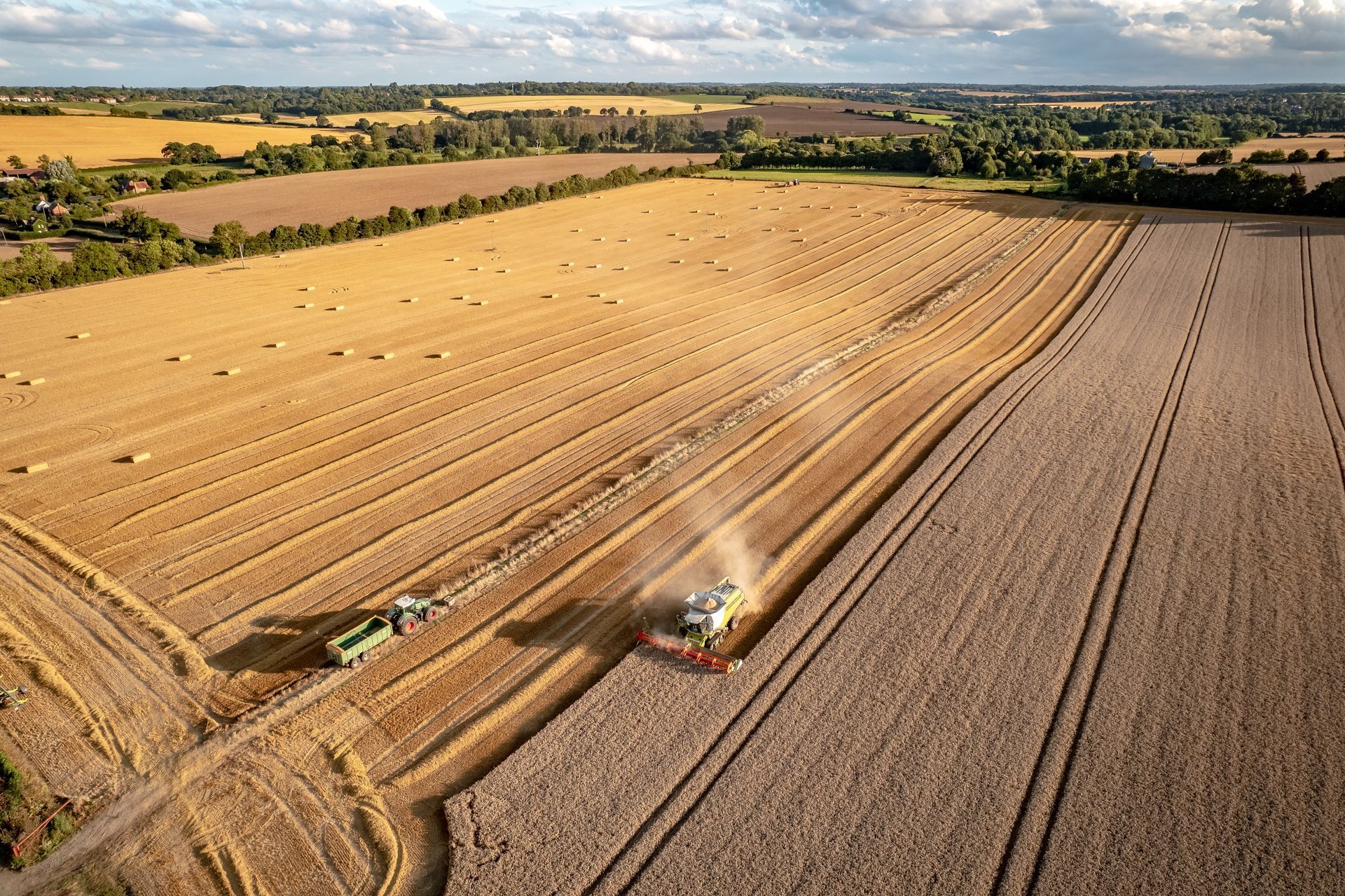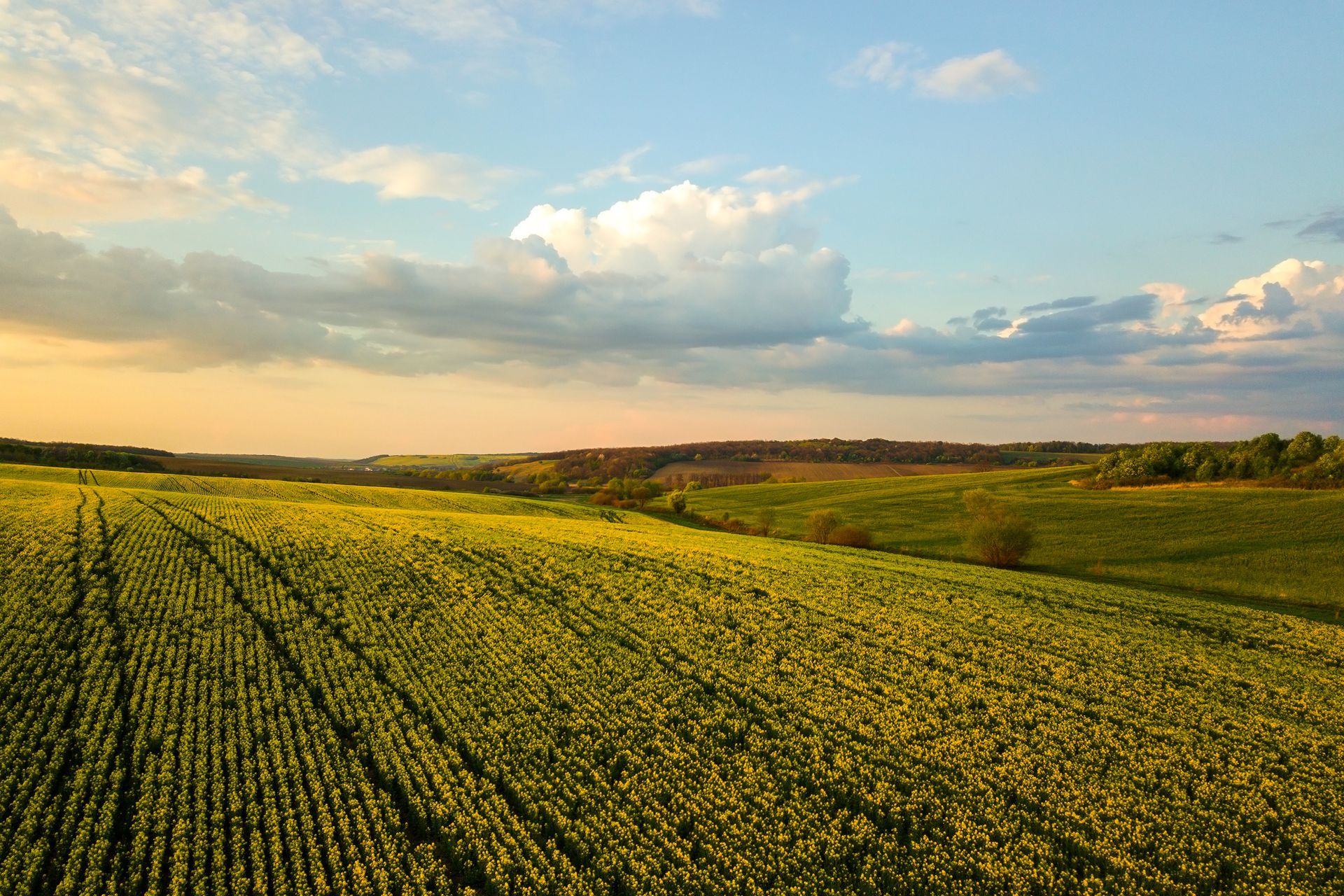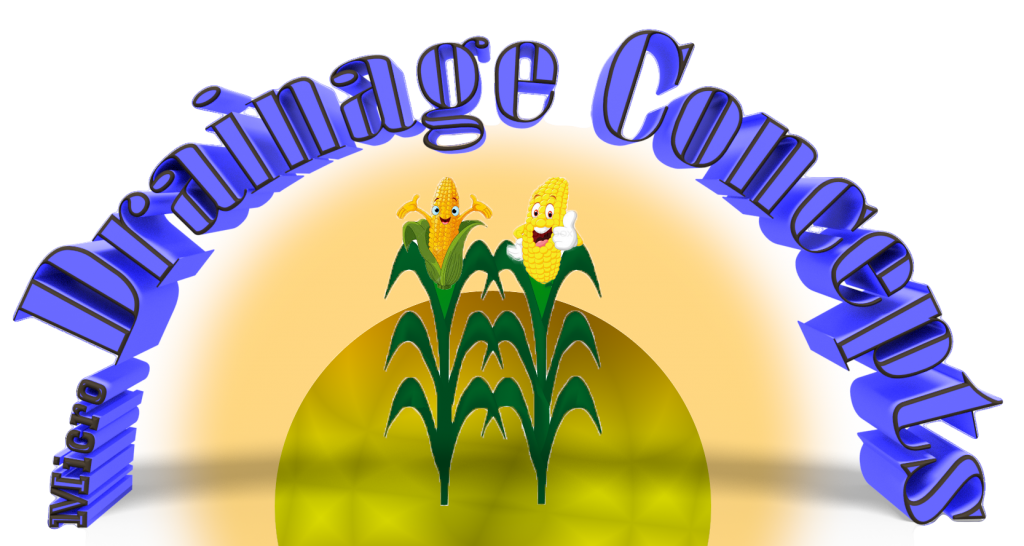No-till farming is a sustainable agricultural practice that offers numerous benefits for soil health, the environment, and farmers' bottom lines. By minimizing soil disturbance, no-till farming promotes a thriving soil ecosystem, enhances water infiltration, and reduces erosion. Richland Micro Drainage recognizes the value of no-till farming and provides drainage solutions that optimize its benefits.
Benefits of No-Till Farming for Soil Health
No-till farming preserves the natural structure of the soil, protecting its valuable topsoil and promoting a healthy balance of microorganisms. This leads to:
- Improved Soil Structure: Undisturbed soil maintains its natural aggregates and pore spaces, improving water infiltration and aeration, which are crucial for healthy root development and microbial activity.
- Increased Organic Matter: No-till farming allows crop residues to decompose on the soil surface, adding organic matter that enhances soil fertility and water-holding capacity.
- Enhanced Biodiversity: A healthy soil ecosystem supports a diverse range of organisms, from earthworms to beneficial fungi and bacteria, which contribute to nutrient cycling and disease suppression.
No-Till Benefits for Farmers
Beyond soil health, no-till farming offers several advantages for farmers:
- Reduced Labor and Fuel Costs: Eliminating tillage operations saves time and fuel, reducing overall production costs.
- Improved Water Conservation: Healthy soil with increased organic matter retains water more effectively, reducing the need for irrigation and conserving water resources.
- Increased Yields: While it may take time for the benefits to fully materialize, no-till farming can lead to increased yields due to improved soil health and nutrient availability.
- Environmental Stewardship: No-till farming reduces greenhouse gas emissions, protects water quality, and promotes biodiversity, contributing to a more sustainable agricultural system.
Best Practices for No-Till Farming and Drainage
Successful no-till farming requires careful attention to water management. Richland Micro Drainage offers solutions that address the unique drainage needs of no-till systems:
- Micro Drainage Systems: Our micro drainage systems utilize strategically placed drain tiles to efficiently remove excess water from the root zone, preventing water logging and promoting healthy root development.
- Surface Drainage: We also offer surface drainage solutions to manage excess water on the soil surface, minimizing erosion and protecting valuable topsoil.
- Cover Crops: Cover crops are a valuable tool in no-till systems, further enhancing soil health and water management. Richland Micro Drainage can help you integrate cover crops into your no-till operation for optimal results.
Richland Micro Drainage: Your Partner in No-Till Success
Richland Micro Drainage is committed to supporting farmers who adopt no-till practices. Our drainage solutions and expertise in soil health can help you maximize the benefits of no-till farming, leading to improved soil quality, increased yields, and a more sustainable agricultural operation.
Contact us today to learn more about how we can help you implement best practices for no-till farming and drainage.
